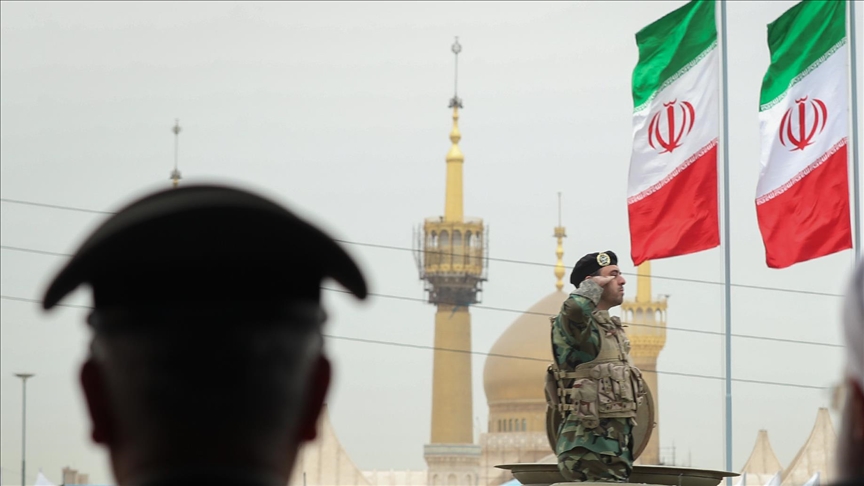
Posted On : Nov 7 2024
Understanding Iran`s Attack on Iraq: Unraveling the Complexities
In recent geopolitical developments, Iran's attack on Iraq has sparked significant concern and debate worldwide. The situation, characterized by its complexities rooted in historical, political, and regional dynamics, demands a nuanced understanding. Let's delve into the intricacies of this event to grasp its implications and potential consequences.

Background:
Iran and Iraq share a long and tumultuous history, marked by territorial disputes, ideological differences, and power struggles. The Iran-Iraq War (1980-1988) serves as a poignant reminder of their volatile relationship, resulting in immense human suffering and economic devastation on both sides.
Recent Escalations:
In the wake of heightened tensions between the two nations, Iran's attack on Iraq comes as a culmination of simmering hostilities. The trigger for this recent aggression could be attributed to various factors, including:
- Proxy Conflicts: Iran and Iraq have been involved in proxy conflicts across the Middle East, supporting rival factions in Syria, Yemen, and Lebanon. These proxy wars have intensified competition for regional influence, exacerbating tensions between the two nations.
- Ethnic and Religious Dynamics: Iraq's diverse population comprises Shia Muslims, Sunni Muslims, Kurds, and other ethnic and religious groups. Iran's support for Shia militias within Iraq, coupled with Sunni grievances, has fueled sectarian tensions and instability.
- Strategic Ambitions: Both Iran and Iraq aspire to assert dominance in the region, vying for control over key territories, resources, and trade routes. This strategic competition often manifests in military posturing and aggressive maneuvers.
Global Implications:
The ramifications of Iran's attack on Iraq extend beyond the confines of the region, reverberating across the global landscape:
- Oil Markets: Any disruption in the Middle East, a major oil-producing region, inevitably impacts global oil markets. Concerns about supply disruptions can lead to price volatility, affecting economies worldwide.
- Regional Stability: The escalation of conflict between Iran and Iraq threatens to destabilize an already volatile region, jeopardizing efforts for peace, security, and development. The risk of a broader regional conflagration looms large, drawing the attention of international stakeholders.
- Geopolitical Alliances: The alliances and partnerships formed by Iran and Iraq with various global actors further complicate the situation. The involvement of regional and international players adds layers of complexity to the conflict dynamics, influencing the trajectory of events.
Pathways to Resolution:
Resolving the crisis between Iran and Iraq necessitates a multi-faceted approach, addressing underlying grievances and fostering dialogue and cooperation:
- Diplomatic Engagement: Diplomatic channels must be utilized to de-escalate tensions and facilitate dialogue between the involved parties. Mediation efforts by neutral actors or international organizations could play a pivotal role in finding a peaceful resolution.
- Conflict Mitigation: Efforts to mitigate the root causes of conflict, including sectarianism, ethnic tensions, and territorial disputes, are essential for long-term stability. Investing in reconciliation, inclusive governance, and socio-economic development can help address underlying grievances.
- Regional Cooperation: Regional actors must prioritize cooperation and constructive engagement to address common challenges and promote mutual interests. Initiatives aimed at building trust, enhancing security, and fostering economic integration can contribute to lasting peace and prosperity.
Conclusion:
Iran's attack on Iraq underscores the complex dynamics at play in the Middle East, shaped by historical animosities, geopolitical rivalries, and strategic calculations. Understanding the underlying factors driving the conflict is essential for devising effective solutions and promoting peace and stability in the region. As the international community grapples with the aftermath of this latest escalation, concerted efforts towards dialogue, cooperation, and conflict resolution are imperative to avert further escalation and pave the way for a more peaceful future.
No Comments Added




















